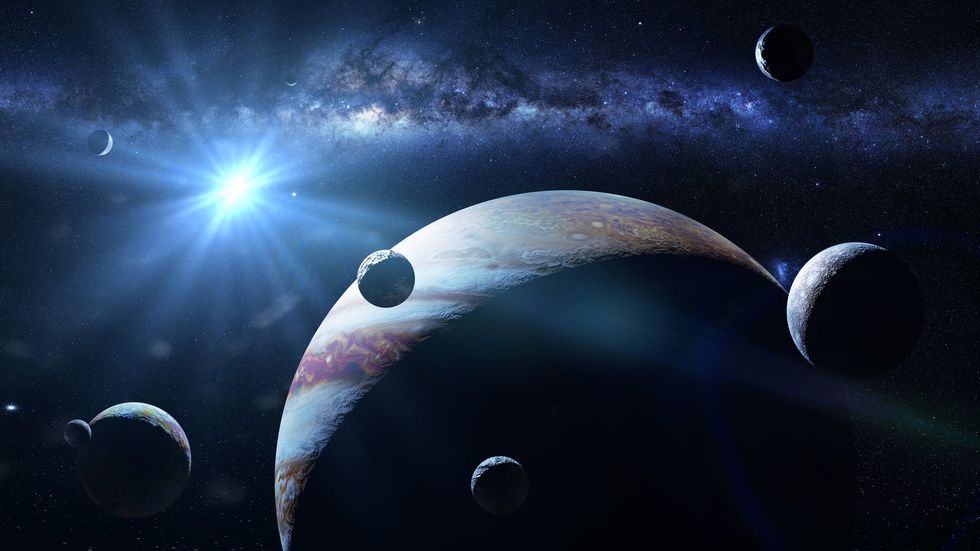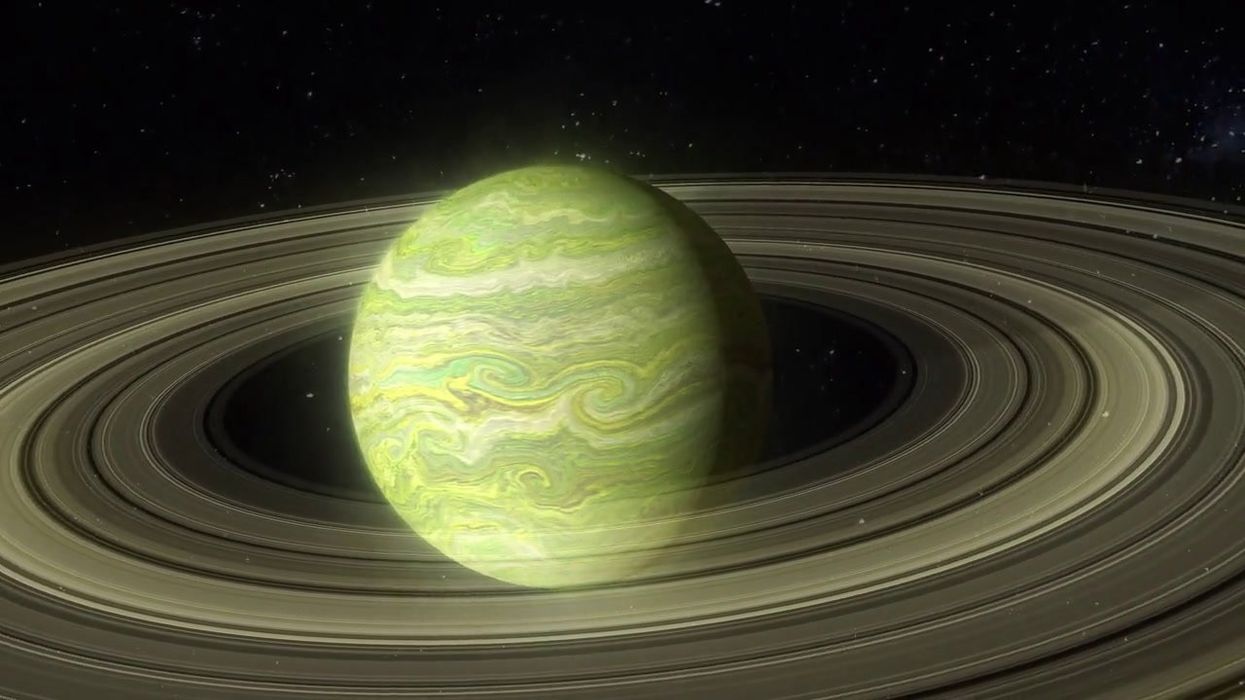Harry Fletcher
Apr 19, 2023
Scientists Discovered Planets Even Better for Life than Earth
content.jwplatform.com
Scientists could have been looking for extraterrestrial life in the wrong place all along, after it was revealed that unexpected types of star systems could be the key to potential discoveries in the future.
New research suggests that many of the things we thought about the habitable nature of certain planets could be proven wrong.
Previously, it was widely thought that planets orbiting stars containing fewer “metals”, a general term given for elements heavier than hydrogen and helium, were less likely to have the potential to foster life.
Instead, the common consensus was that stars containing more metals would theoretically be more suitable for life to flourish.
Sign up to our new free Indy100 weekly newsletter
However, new research has focused on ultra violet rays and its effect on different planets' suitabilities which could change perceptions in the scientific community.
Anna Shapiro is an astrophysicist at the Max Planck Institute for Solar System Research. She led the team of scientists who put together findings in a study published in Nature Communications.

They studied the atmospheres of different planets and the production of ozone, which is the key to safeguarding against the dangerous effects of UV rays.
Stars with fewer metal elements produce far more UV than those with more metal contents. Before now, scientists largely believed that that would reduce the likelihood that planets in their orbit could be habitable.
However, the new research has found that these orbiting planets actually could possess far stronger ozone layers, meaning the UV could be blocked to an extent that life could be possible.
The new research “[implies] that planets hosted by stars with low metallicity are the best targets to search for complex life on land,” said Shapiro [via Vice].
“I think this narrows the habitability zone a little bit. Our research shows that finding life around metal-poor stars is more promising from the point of view of the radiative signature.”
Co-author Alexander Shapiro also clarified that the findings shouldn’t result in limitations being put on the search for life in the universe.
“I would not say that we should limit our search for habitability to any specific stars,” he said. “We should really keep our eyes open to surprises.”
“The paradox is that the increase of the UV outside the atmosphere leads to the decrease of the UV on the ground.”
Have your say in our news democracy. Click the upvote icon at the top of the page to help raise this article through the indy100 rankings.
Top 100
The Conversation (0)














